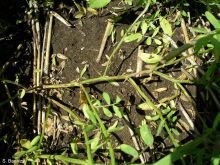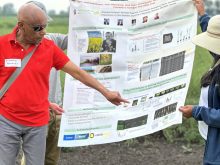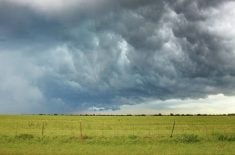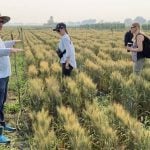ROME, Italy – The world is letting its guard down in the battle against increasingly mobile plant and animal diseases, says a study published by the United Nations Food and Agriculture Organization.
It recommends greater international co-operation and recognition by national governments that paying some of the bill to defeat disease in other countries is a good strategy for keeping it away from national borders.
“Current mechanisms for co-operation have suffered from weak financial and political support,” the FAO report said.
It was debated during the biennial FAO ministers’ meeting at organization headquarters in Rome.
Read Also
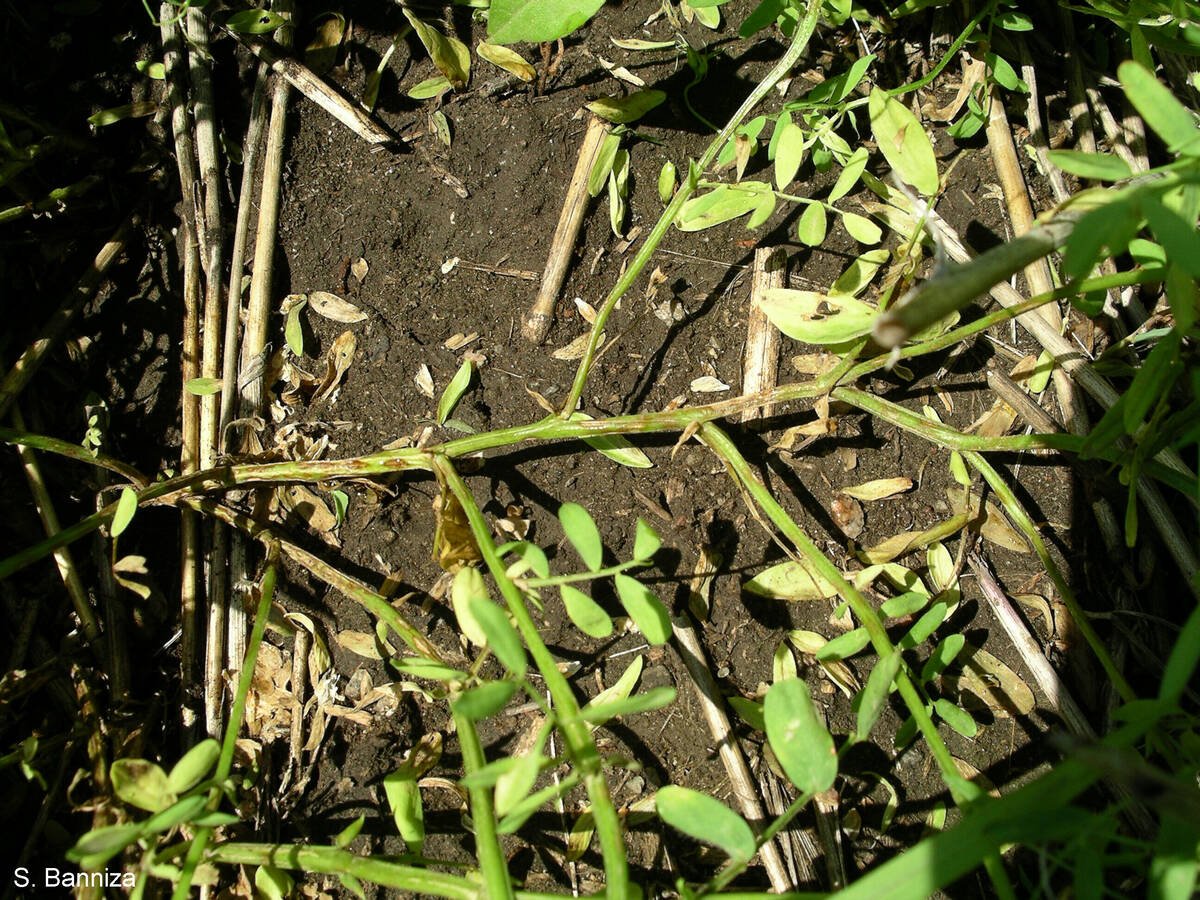
Anthracnose resistant lentils within reach
The risk that anthracnose poses to lentils continues to be high priority for the pulse sector.
From the spread of foot-and-mouth disease to bovine spongiform encephalopathy and locusts, the report describes a world where disease seems to be running ahead of human and political reaction.
New plant and animal diseases, or new versions of old strains, are discovered or reported every year.
Global trade and travel are giving the diseases a greater opportunity to spread. Growing evidence of global warming signals another danger.
“Climate change is also a source of increasing susceptibility to pests in many parts of the world,” the report warned.
All this comes as governments are struggling with tight budgets and limited resources.
“The tool kit for combating pests is shrinking faster than new technologies for control can be developed and proven,” the report said.
The FAO said it issued the report to warn nations that migrating pests and animal diseases are looming as a much more serious issue, with huge economic consequences possible.
More sophisticated scientific tools for detection, including DNA sampling, are being developed but political will and the international organization needed to co-ordinate efforts remain the biggest gap, the FAO said.




